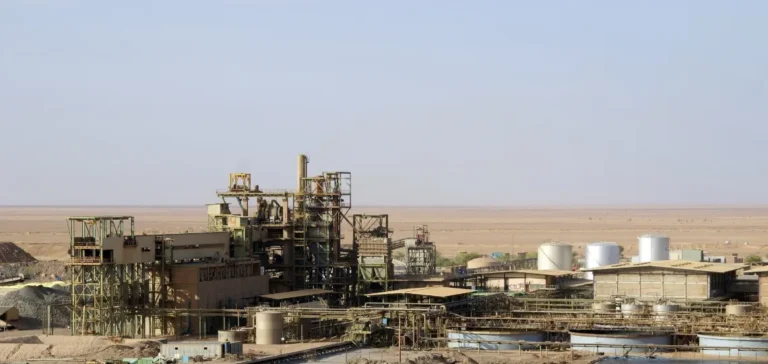The French company Orano has officially responded to the recent announcement by Niger’s government regarding the forthcoming nationalization of Société des Mines de l’Aïr (SOMAÏR), a mining entity operated as a joint venture since 1968. Orano had previously shared governance of SOMAÏR with Société du Patrimoine des Mines du Niger (SOPAMIN), the body representing Niger’s interests in the joint venture.
Orano denounces contractual violation
According to Orano’s public statements, the Nigerien authorities’ decision constitutes a direct violation of existing agreements governing the joint management of SOMAÏR. Since the military takeover in 2023, Orano claims to have repeatedly attempted to open channels of dialogue and negotiation, efforts which have remained unanswered. The French company also deplores actions described as the spoliation of its mining assets in Niger. The group further points to misinformation and defamation campaigns against it, further deteriorating already strained bilateral relations.
This decision announced by the Nigerien government represents another step in a series of actions initiated since December 2024. At that time, Orano had already reported effectively losing operational control over its local subsidiaries, due, according to the company, to illegal maneuvers conducted by representatives of Niger’s state. In this context, Orano has initiated several international arbitration proceedings to seek compensation for the damages suffered.
Potential impact on local mining activities
The French company also expressed significant concern regarding the impacts of these decisions on its Nigerien employees as well as on local communities dependent on SOMAÏR’s activities. This planned nationalization could lead to a prolonged period of uncertainty within the mining subsidiaries, potentially jeopardizing the socio-economic stability of the region. Up to now, Nigerien authorities have not detailed the specific implementation procedures of the nationalization nor potential compensation planned for Orano.
Furthermore, Orano is considering extending its legal claims to current mineral stocks held by SOMAÏR, thus asserting full recognition of its financial rights. This legal conflict could set a significant precedent for foreign investments in West Africa’s mining sector. Pending arbitration, the situation remains sensitive and complex for all involved parties.






















